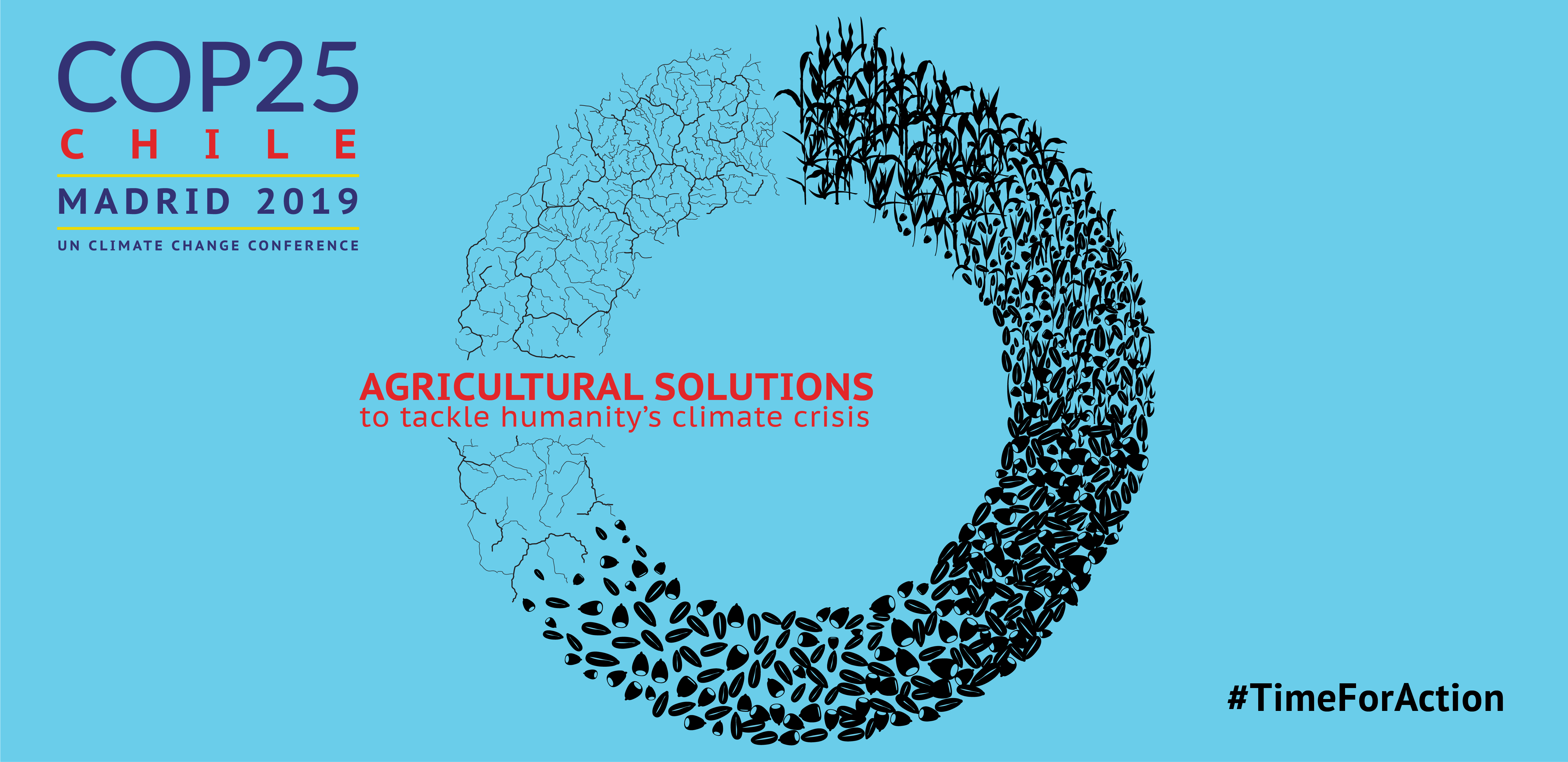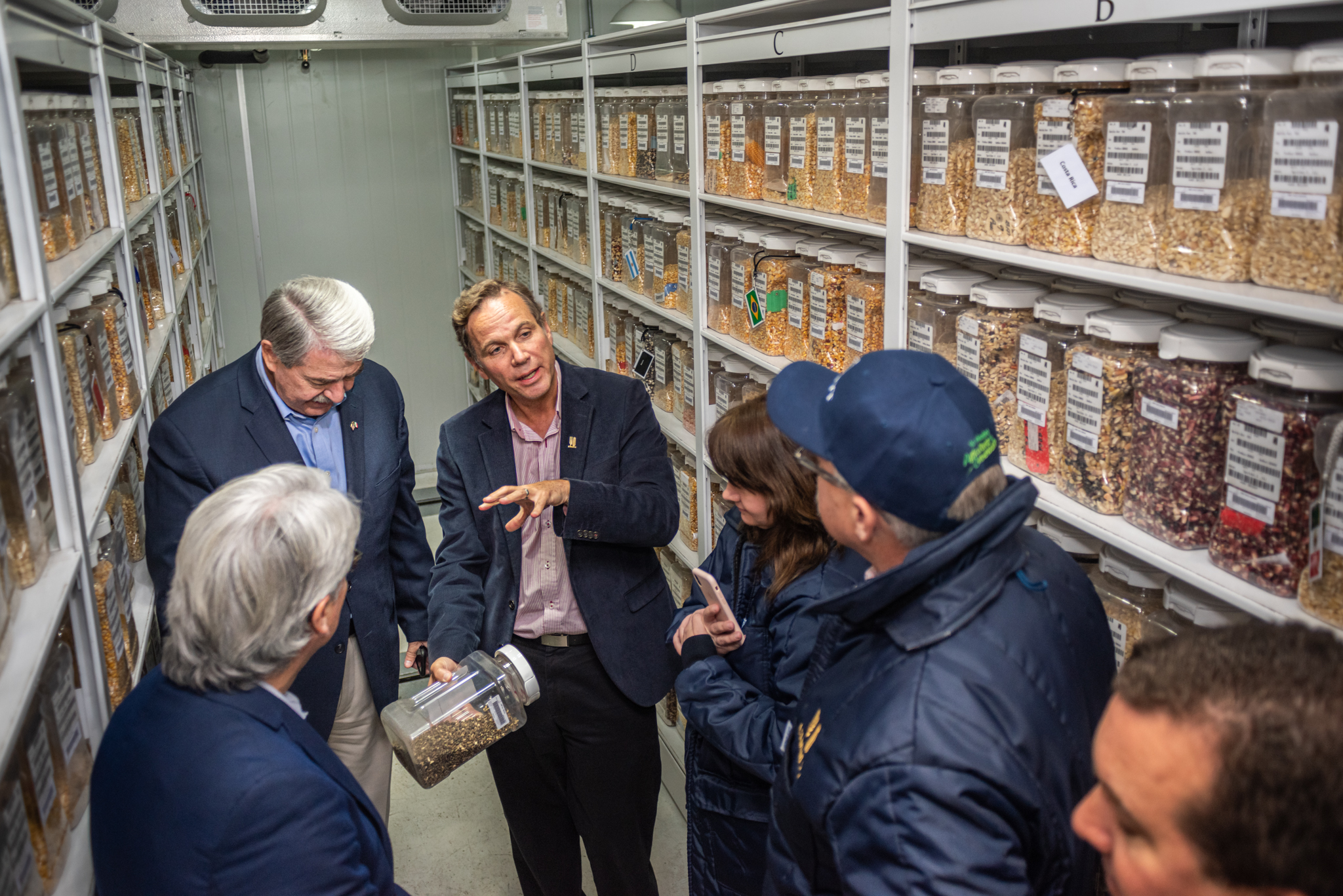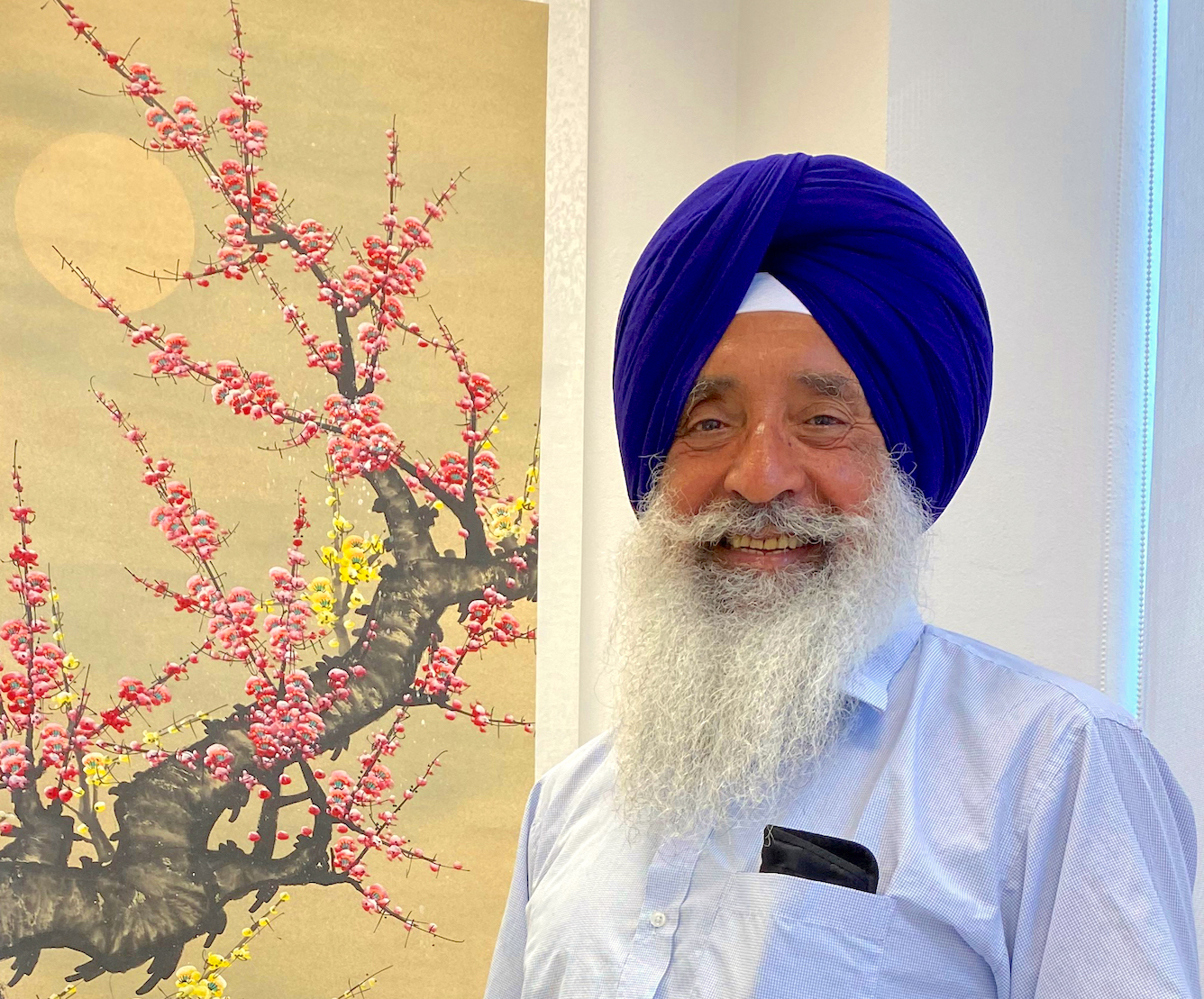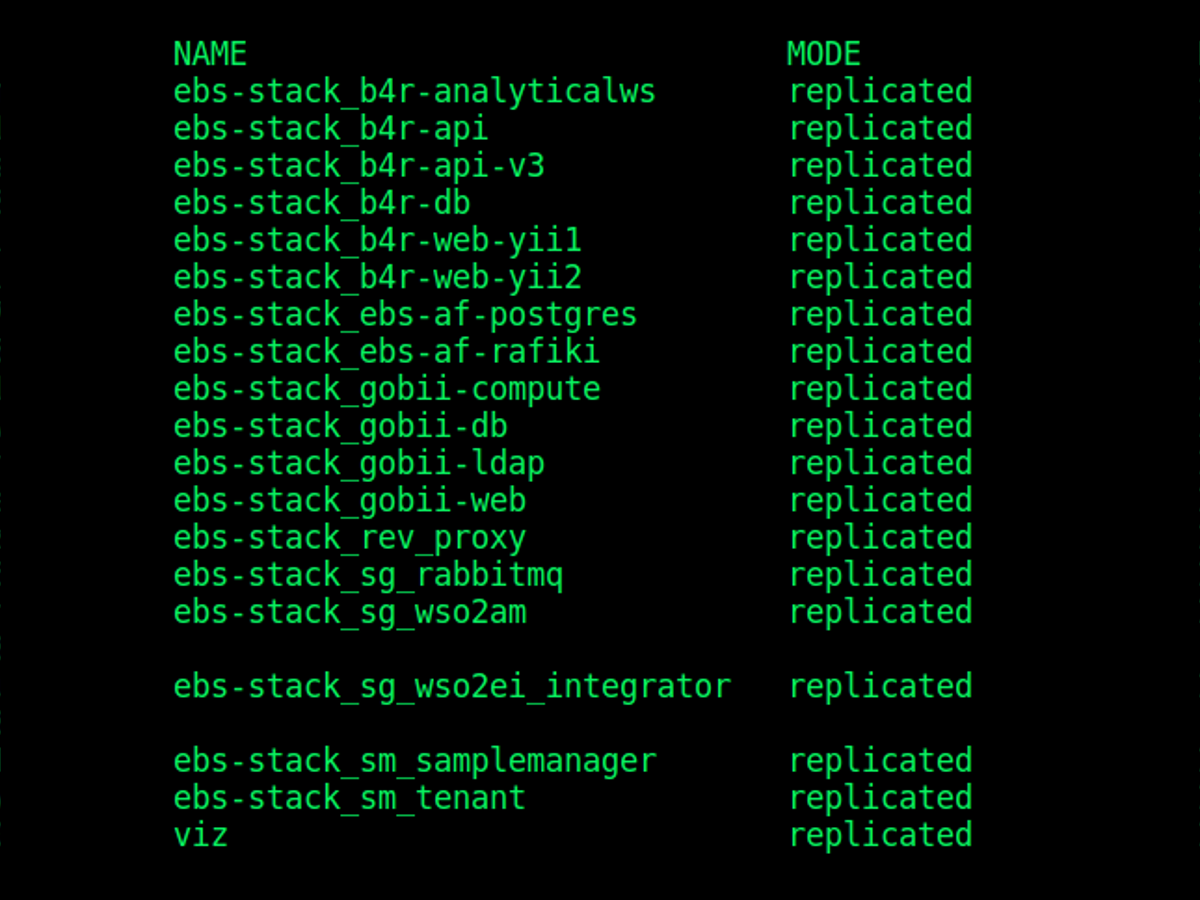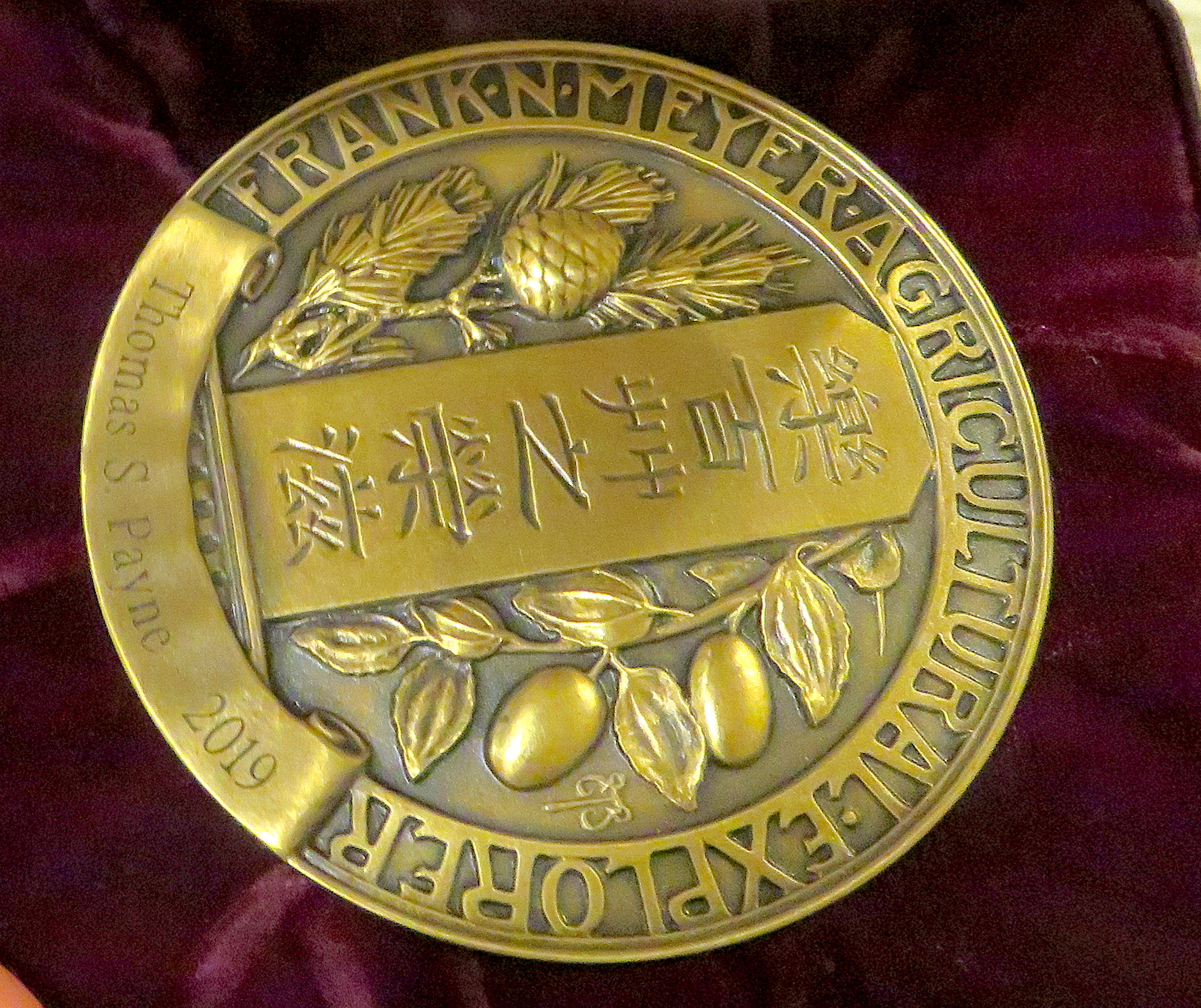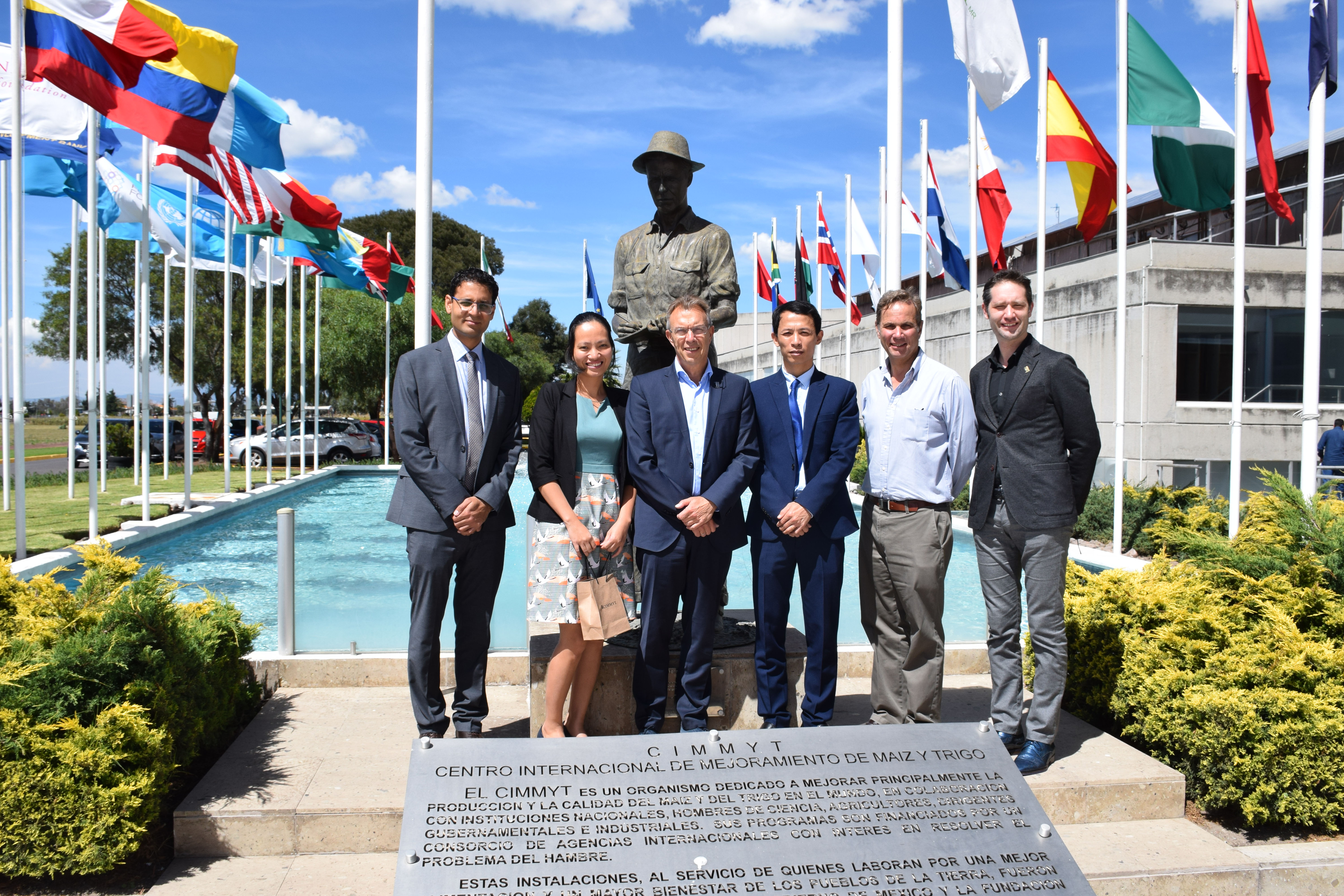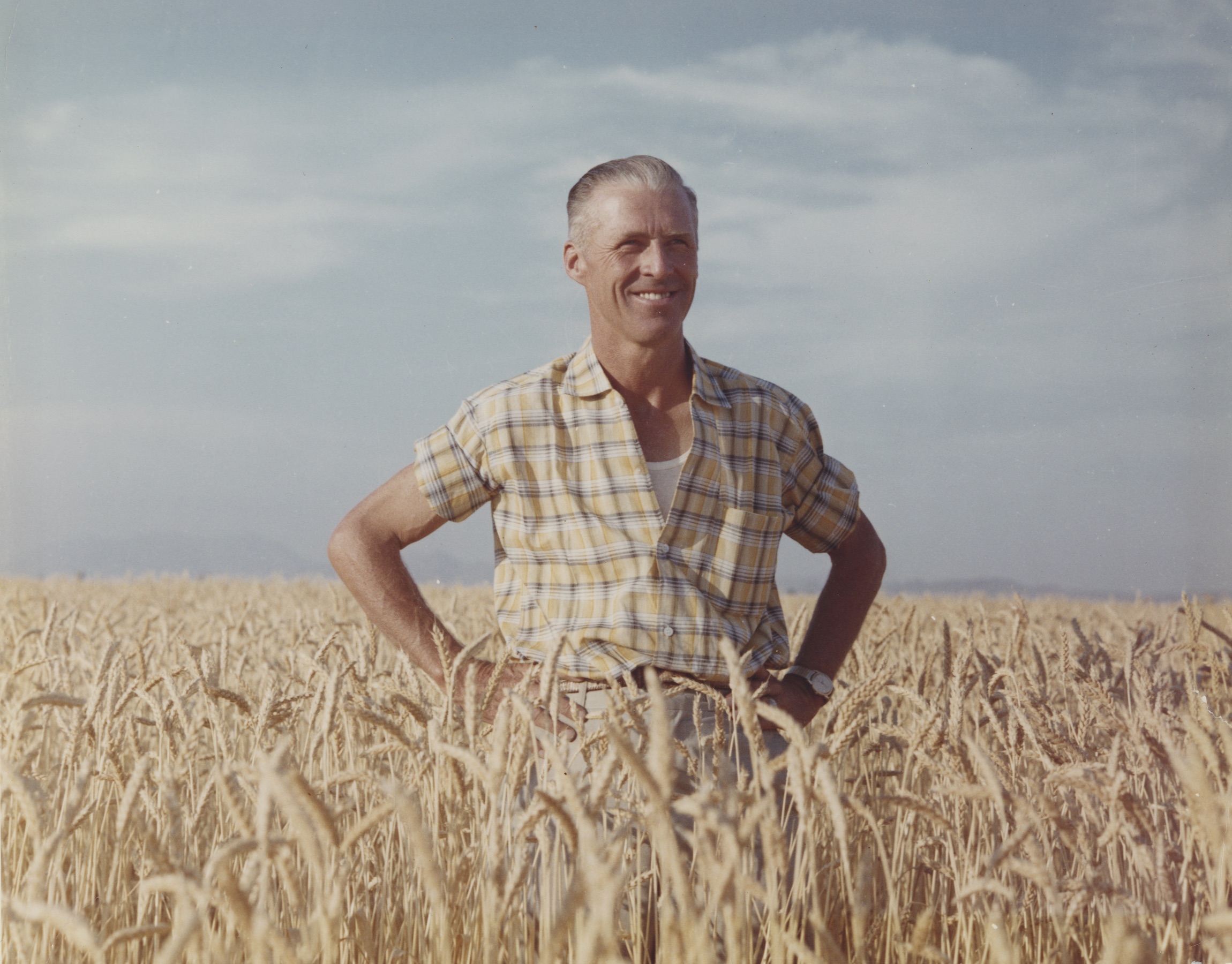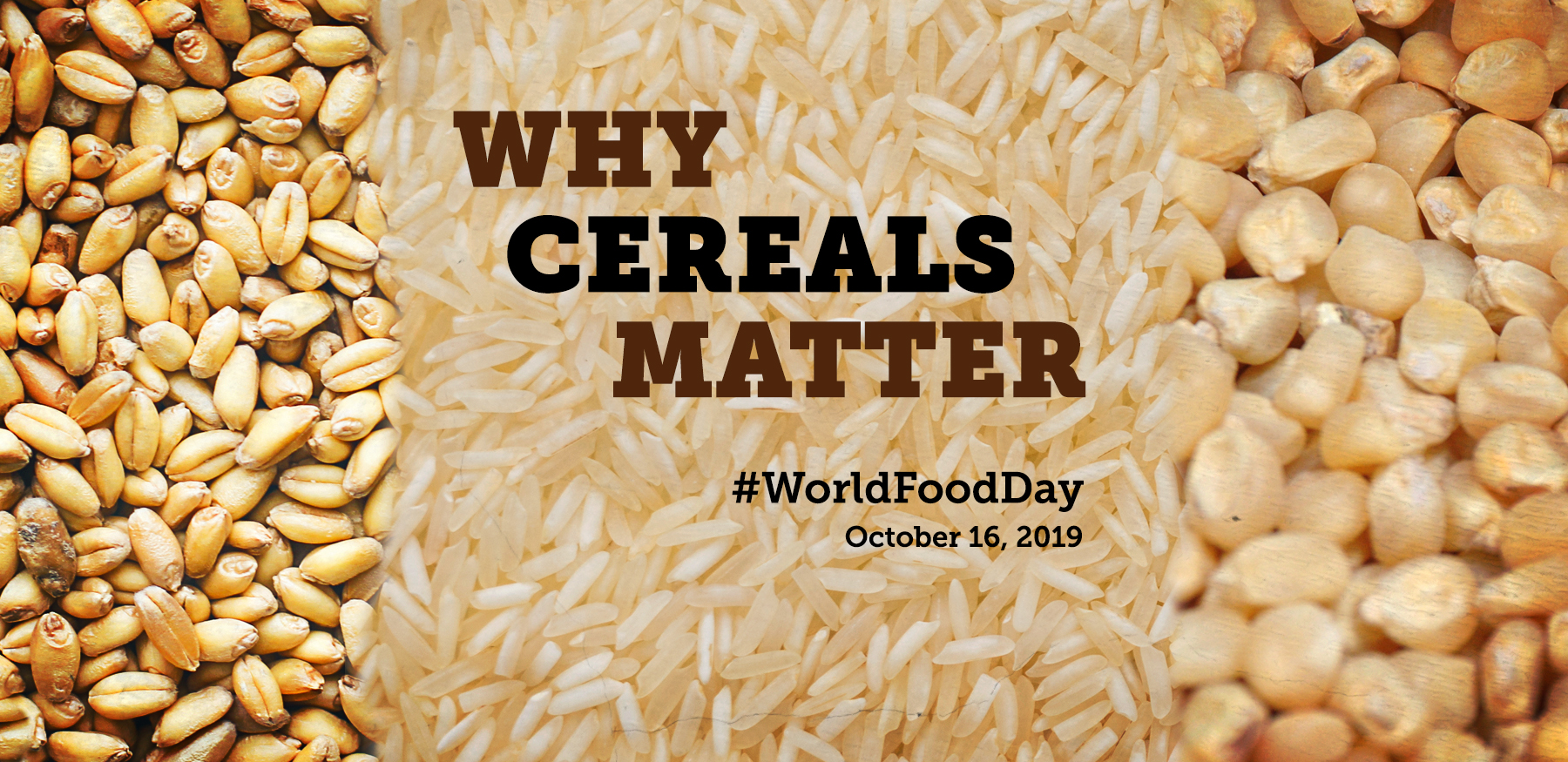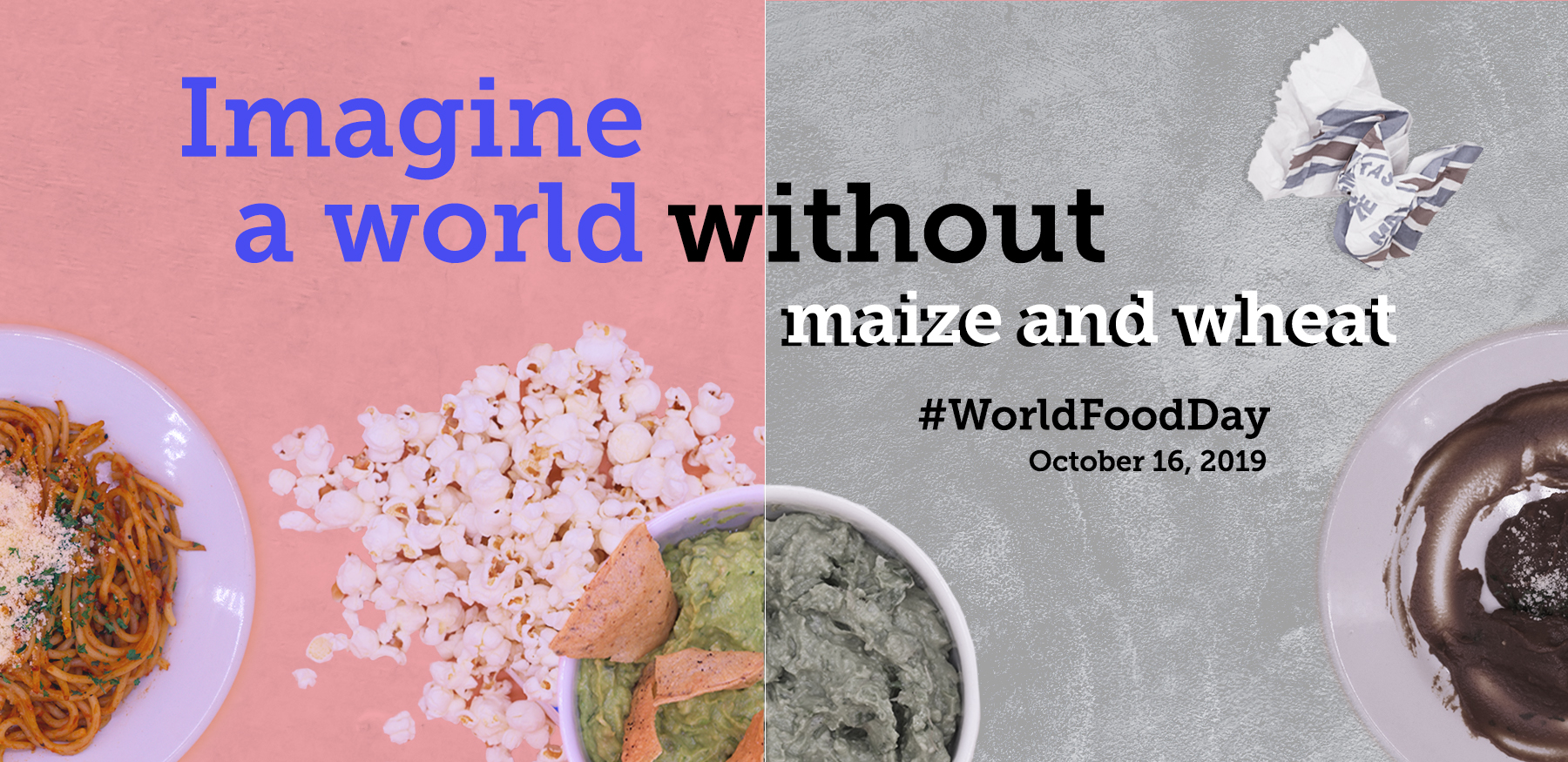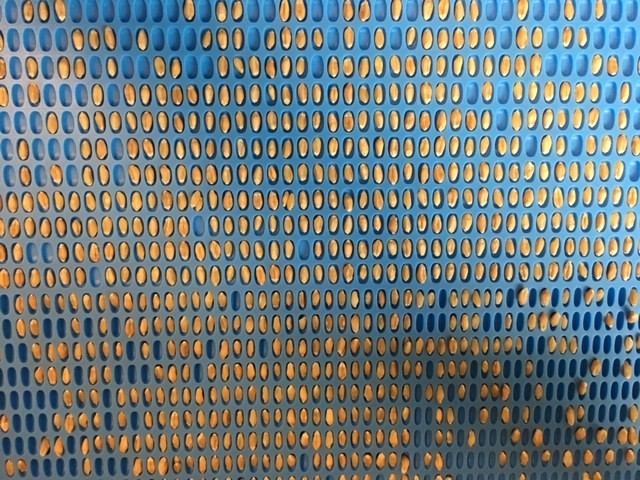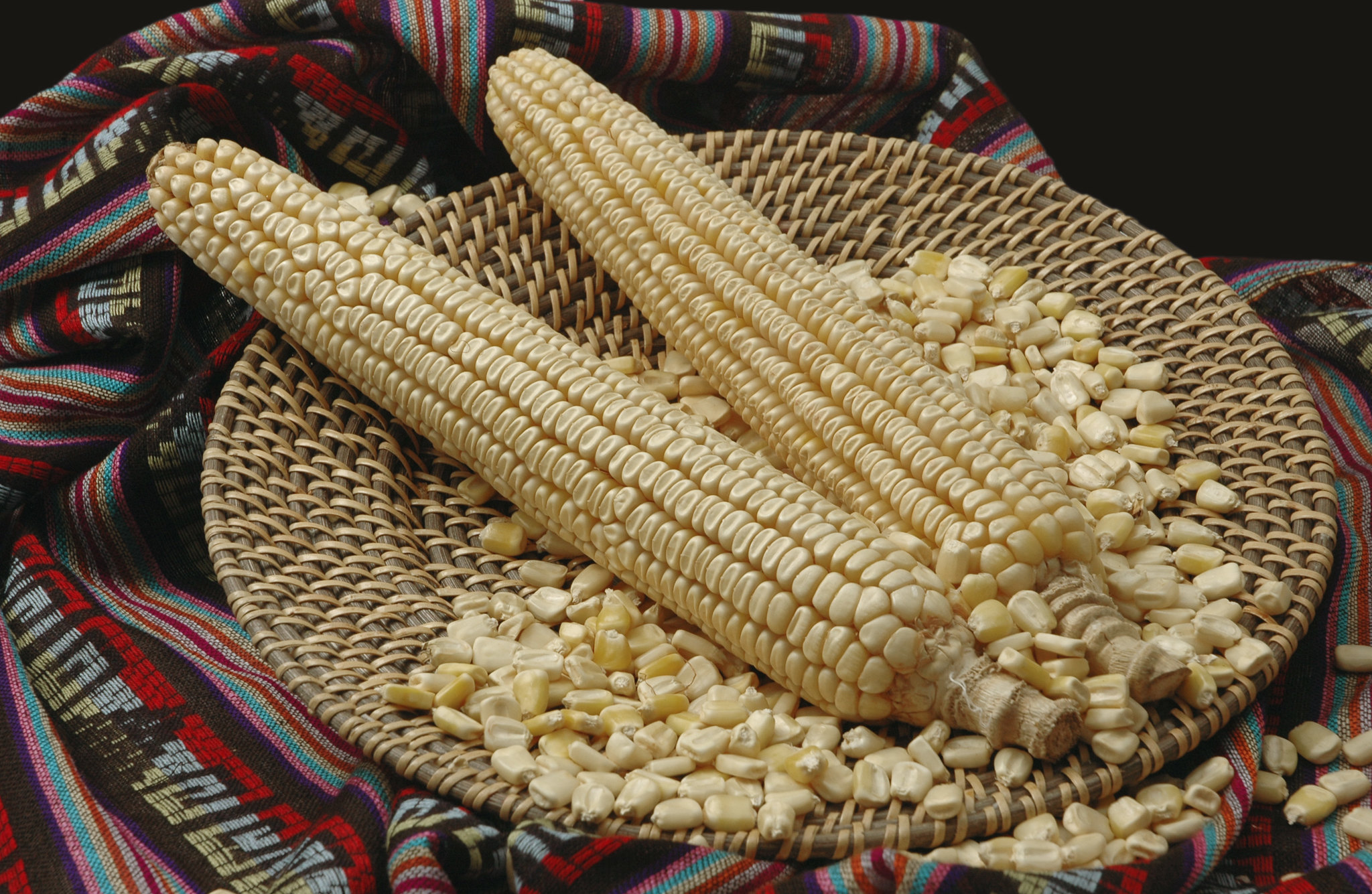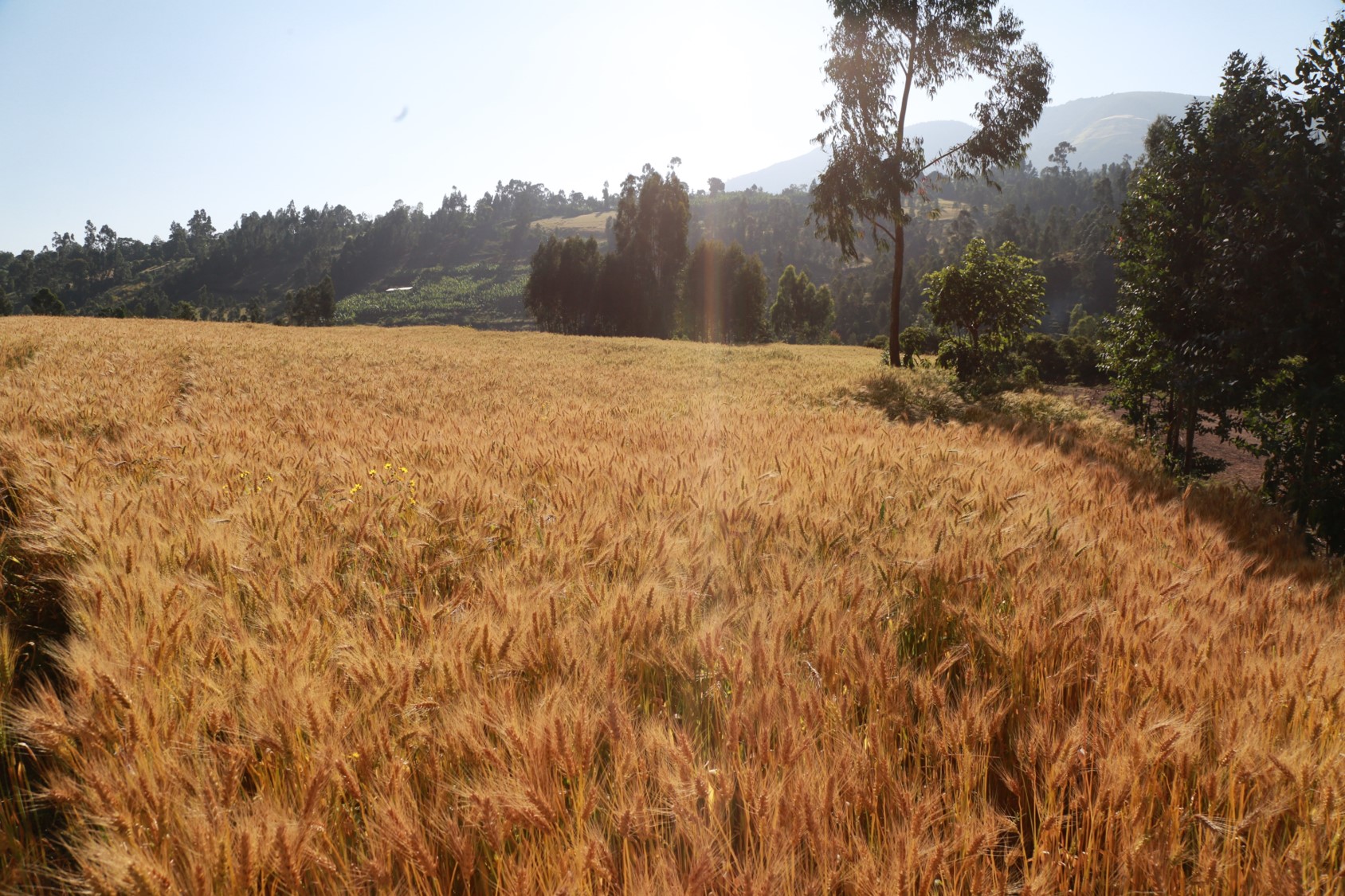Genetic resources
Agricultural solutions to tackle humanity’s climate crisis
 Climate adaptation and mitigation
Climate adaptation and mitigation
Science offers opportunity to curb greenhouse gas emissions related to agriculture and meet climate goals.
US Under Secretary of Agriculture ready for further cooperation with CIMMYT
 Nutrition, health and food security
Nutrition, health and food security
Ted McKinney and representatives from state agriculture departments learn about relevant maize and wheat research during visit to global headquarters in Mexico.
Kanwarpal Dhugga awarded top honor in science
 Innovations
Innovations
CIMMYT researcher named Fellow of the American Association for the Advancement of Science (AAAS).
First steps taken to unify breeding software
 Innovations
Innovations
Experts work together at hackathon to develop Enterprise Breeding System that can serve CGIAR organizations and national agricultural research programs.
Four CIMMYT scientists among world’s most influential scholars, based on citations
 Innovations
Innovations
Recognized for most-cited works worldwide on Web of Science Group’s list of Highly Cited Researchers.
Thomas Payne honored at gathering of crop science peers
 Innovations
Innovations
Head of CIMMYT Wheat Germplasm Bank receives Frank N. Meyer Medal for contributions to germplasm collection, conservation and use.
Vietnam strengthens ties with CIMMYT
 Capacity development
Capacity development
Visit to CIMMYT headquarters reaffirms research collaboration.
What it takes to bring the best seed to farmers
 Capacity development
Capacity development
CIMMYT’s board witnesses the results of impactful research and market partnerships in Kenya.
The man who fed the world
 Nutrition, health and food security
Nutrition, health and food security
BBC radio show Witness History focuses on the life and work of Norman Borlaug.
The cereals imperative of future food systems
 Nutrition, health and food security
Nutrition, health and food security
The world urgently needs a transformation of the global food system, leading to healthier diets for all and a drastic reduction in agriculture’s environmental impact. The major cereal grains must play a central role in this new revolution for the benefit of the world’s poorest people.
Ten things you should know about maize and wheat
 Nutrition, health and food security
Nutrition, health and food security
Can you imagine a world without maize and wheat? We can’t!
A fresh look at the genes behind grain weight in spring bread wheat
 Innovations
Innovations
New study provides an extensive field-test validation of existing genetic markers for thousand grain weight; finds both surprises and promising results.
Saving the giant
 Nutrition, health and food security
Nutrition, health and food security
CIMMYT scientists engage to preserve the Jala maize landrace, famous for producing the longest maize ears in the world.
Researchers are hunting for the “climate gene” that can save food plants
 Innovations
Innovations
Source: Aftenposten (24 Sep 2019)
CIMMYT’s plant breeding contributes to climate resilience of crops around the world.
Large-scale genomics will improve the yield, climate-resilience, and quality of bread wheat, new study shows
 Innovations
Innovations
Scientists identified significant new chromosomal regions for wheat yield and disease resistance, which will speed up global breeding efforts.
